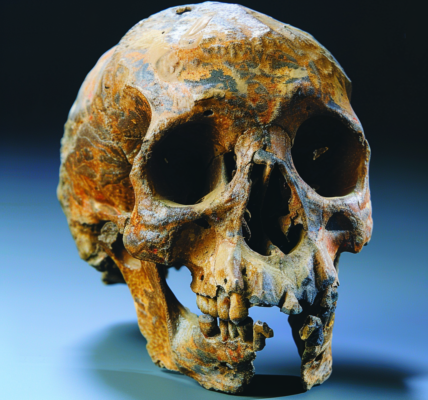A recent study conducted by Colorado State University has found that the removal of apex predators from an ecosystem can have long-lasting effects that are not easily reversed. The study, published in Ecological Monographs, challenges the commonly held belief that the reintroduction of wolves to Yellowstone National Park restored the degraded ecosystem.
The researchers examined the effects of three apex predators—cougars, grizzly bears, and wolves—in Yellowstone. The absence of these predators for nearly a century transformed the food web and landscape, leading to significant changes in the ecosystem.
The study, conducted over a period of more than two decades, revealed that the ecosystem did not respond dramatically to the restored food web, indicating that the degradation caused by the absence of apex predators may not be quickly reversed.
The research, which included establishing intensive study areas in Yellowstone to test the effects of reduced browsing and increased water availability, found that the ecosystem had stabilized into an alternative ecological state that resisted returning to previous conditions once the carnivores were restored.
Lead author Tom Hobbs, a professor emeritus with the Department of Ecosystem Science and Sustainability and the Natural Resource Ecology Laboratory, emphasized that disturbing ecosystems by changing the makeup of a food web can lead to lasting changes that are not easily fixed. While the restoration of apex predators may eventually lead to the recovery of the ecosystem, the study highlights the complexity and time frame involved in such processes.
This extensive experiment, the longest of its kind, contributes to the growing body of evidence supporting the theory that the degradation of ecosystems may not be quickly reversed when harmful stressors are mitigated.





